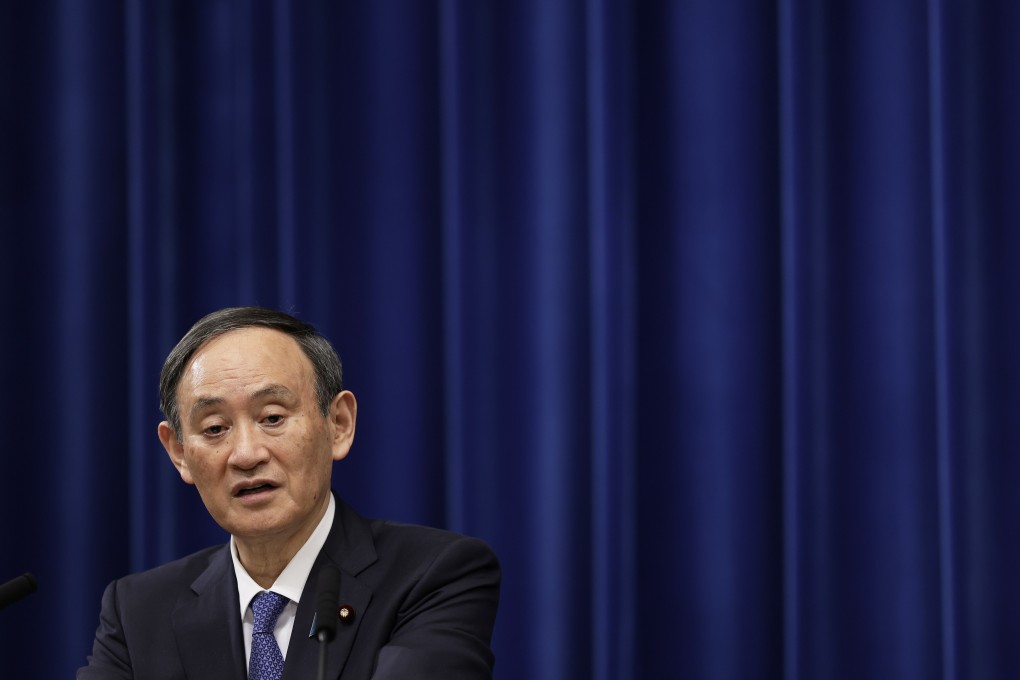It’s not Stalin, it’s ‘Sugalin’: Japan’s PM Suga has a new nickname mocking his authoritarian approach
- The reference to the Soviet dictator is being used in political circles and on social media to mock Suga’s heavy-handedness and dismissal of dissent
- He has come under criticism for his handling of the Covid-19 pandemic, as well as his insistence on holding the Tokyo Olympics as cases soar

It’s one whispered behind Suga’s back for fear of his retribution – but in political circles, on social media and in the bureaucracy, there is reportedly no shortage of those who refer to the prime minister as “Sugalin”, after the Soviet dictator Josef Stalin.
“I think there are some good reasons why people have started to call Suga that; he clearly acts in a dictatorial and authoritarian manner, and he does not tolerate dissent – or he simply ignores people who disagree with him,” said Jeff Kingston, director of Asian studies at the Tokyo campus of Temple University.
On top of this, the prime minister is insistent the Tokyo Olympic Games will go ahead this summer, despite a clear indication that many do not share his enthusiasm. In a public-opinion poll over the weekend, 80 per cent of respondents said they thought the Olympics should be postponed again or cancelled entirely.
